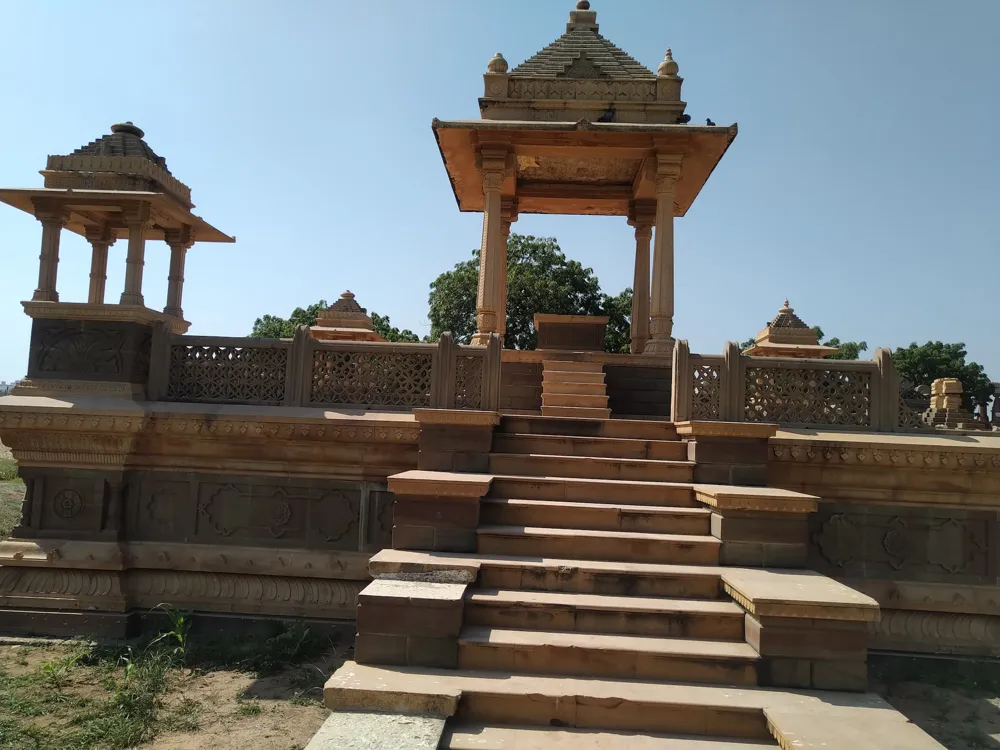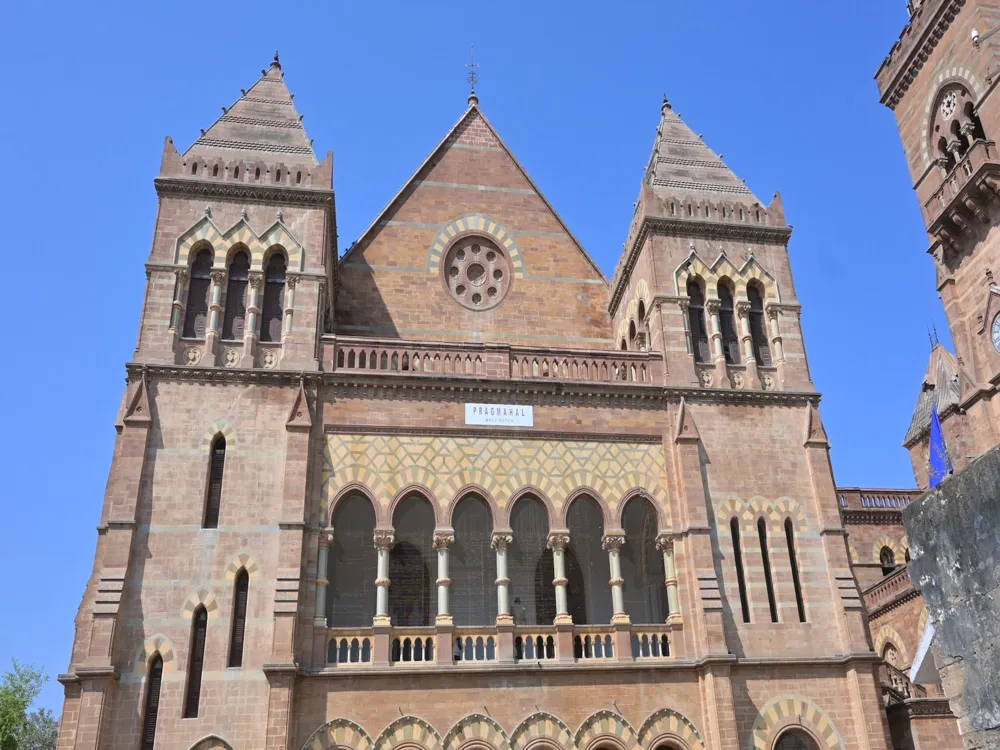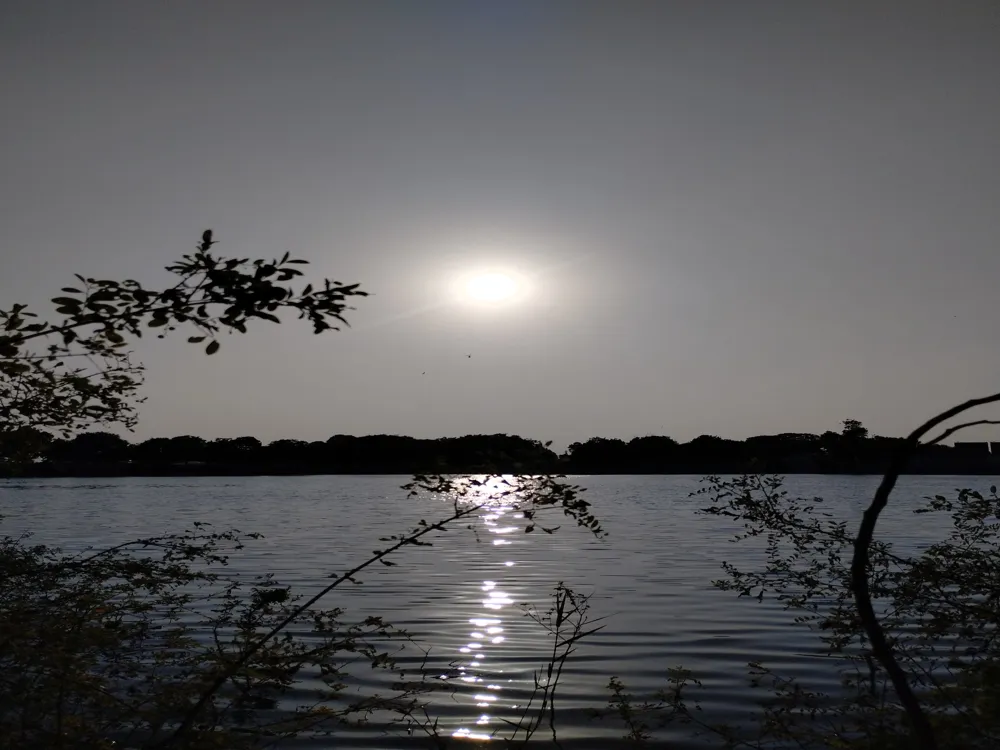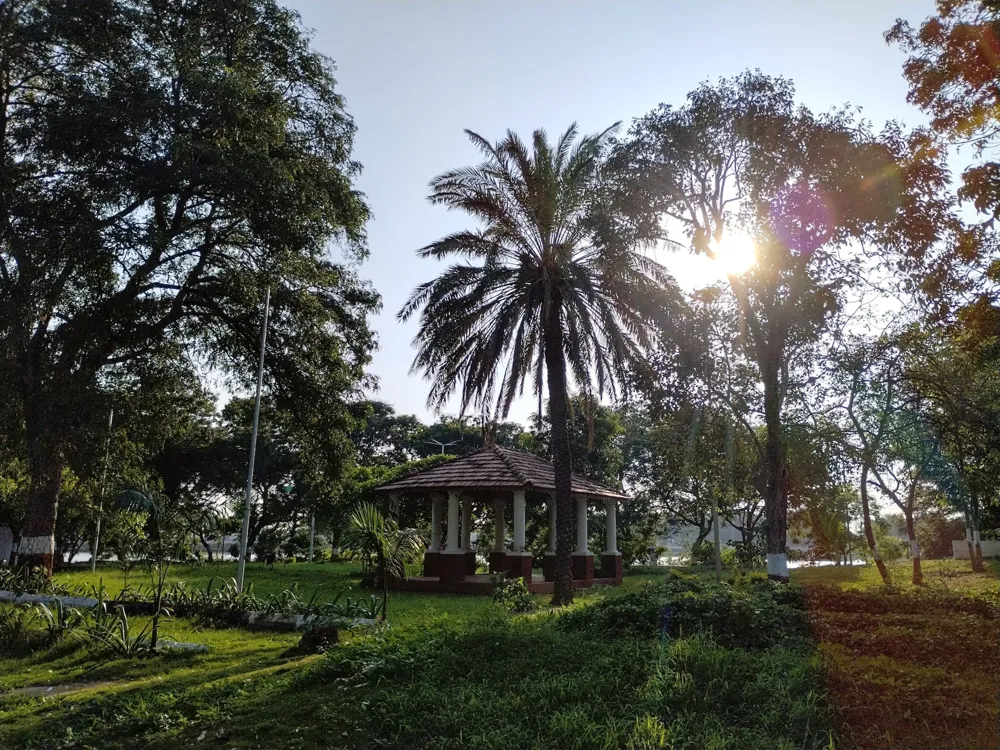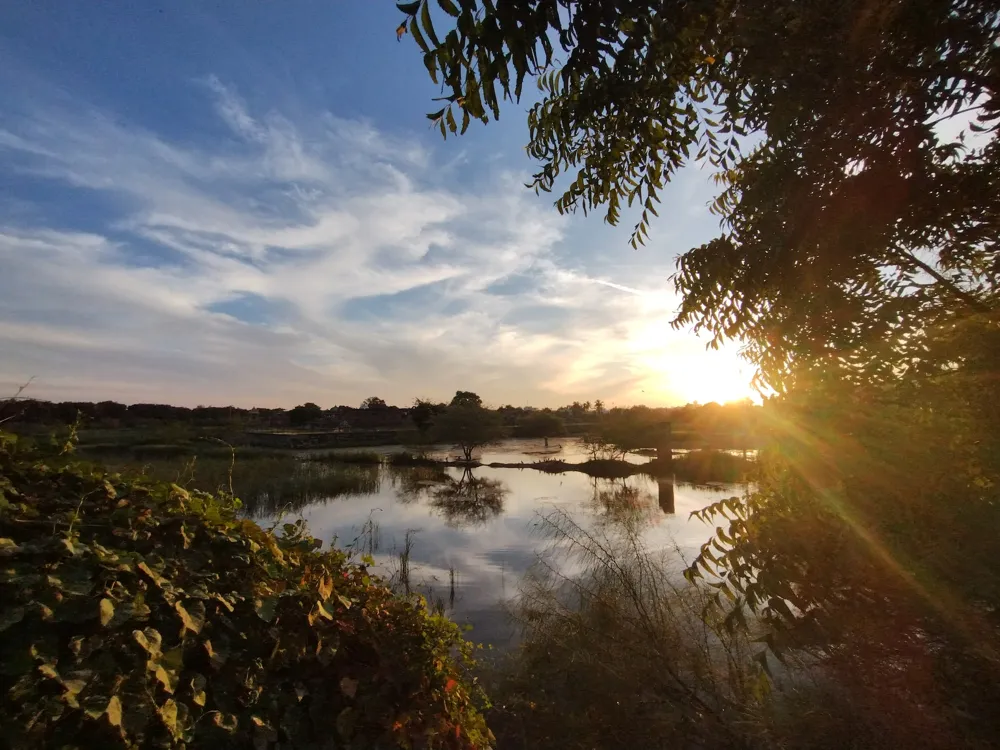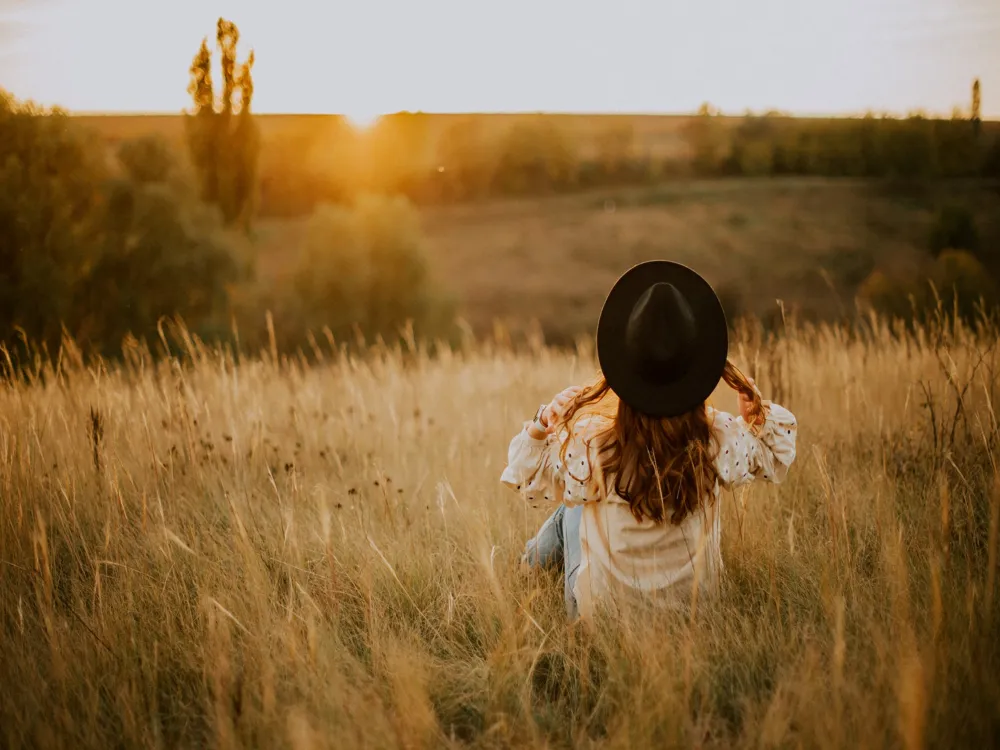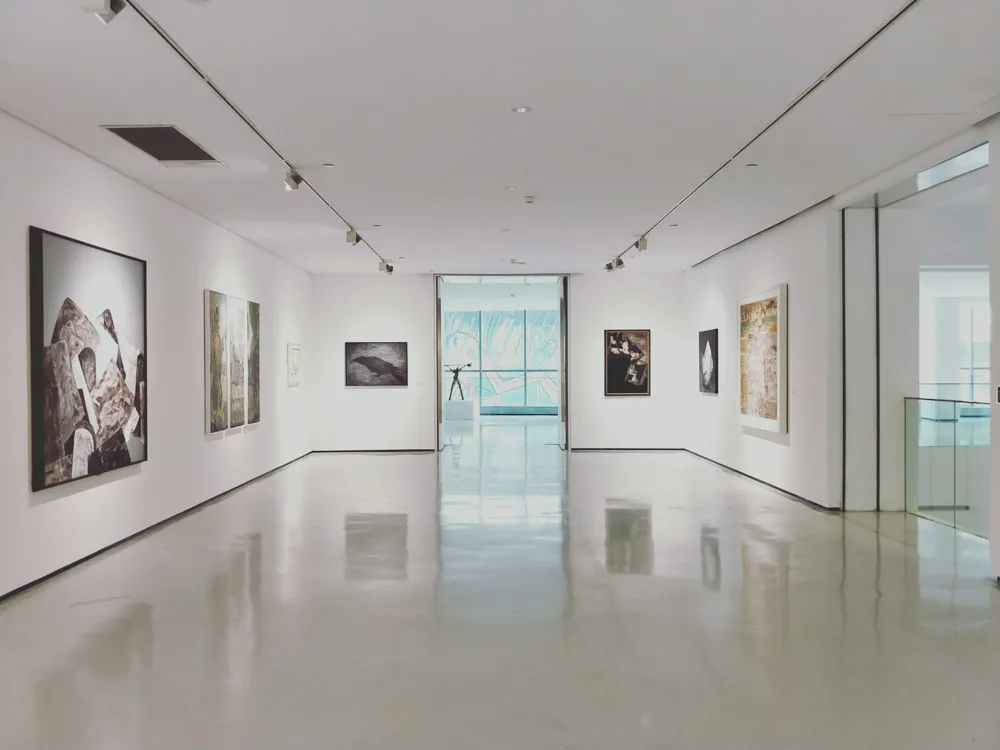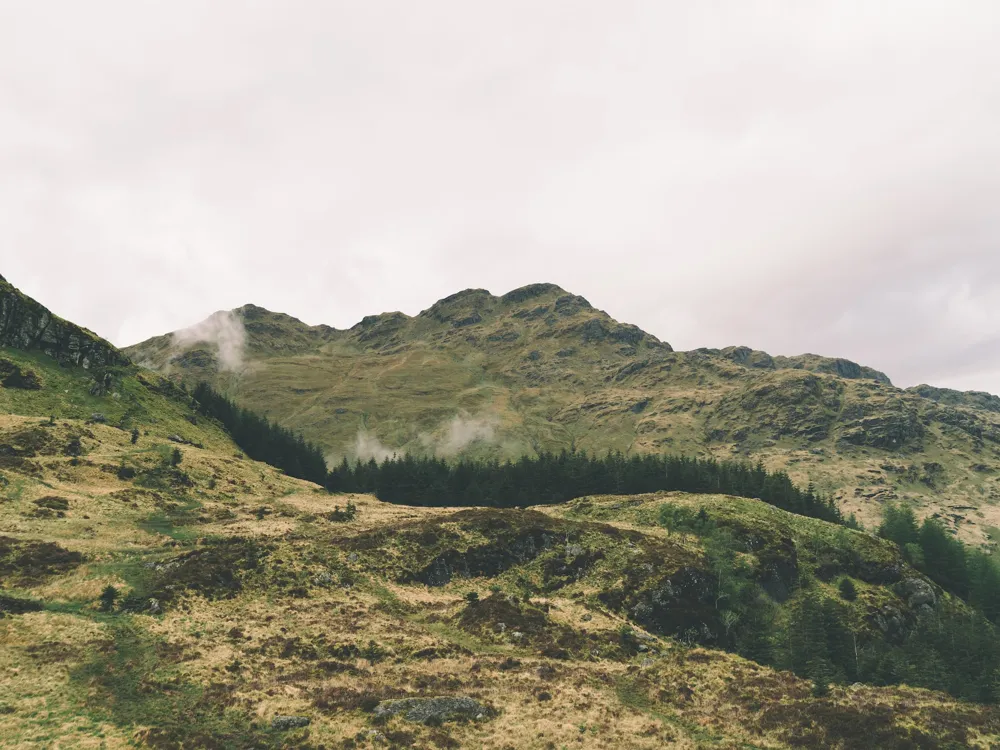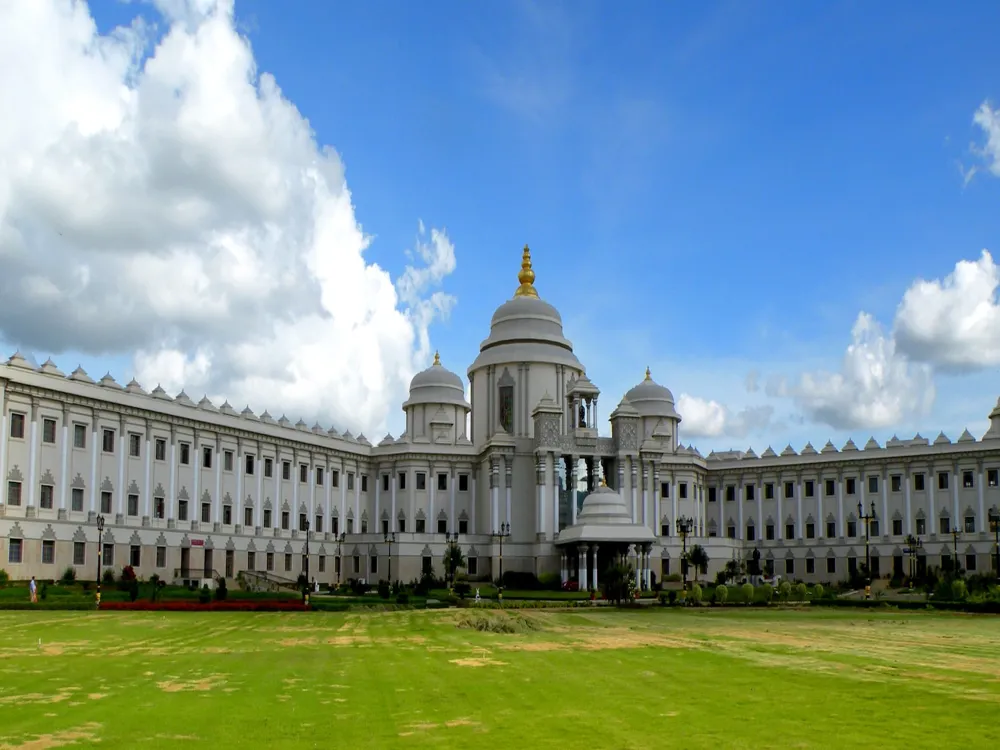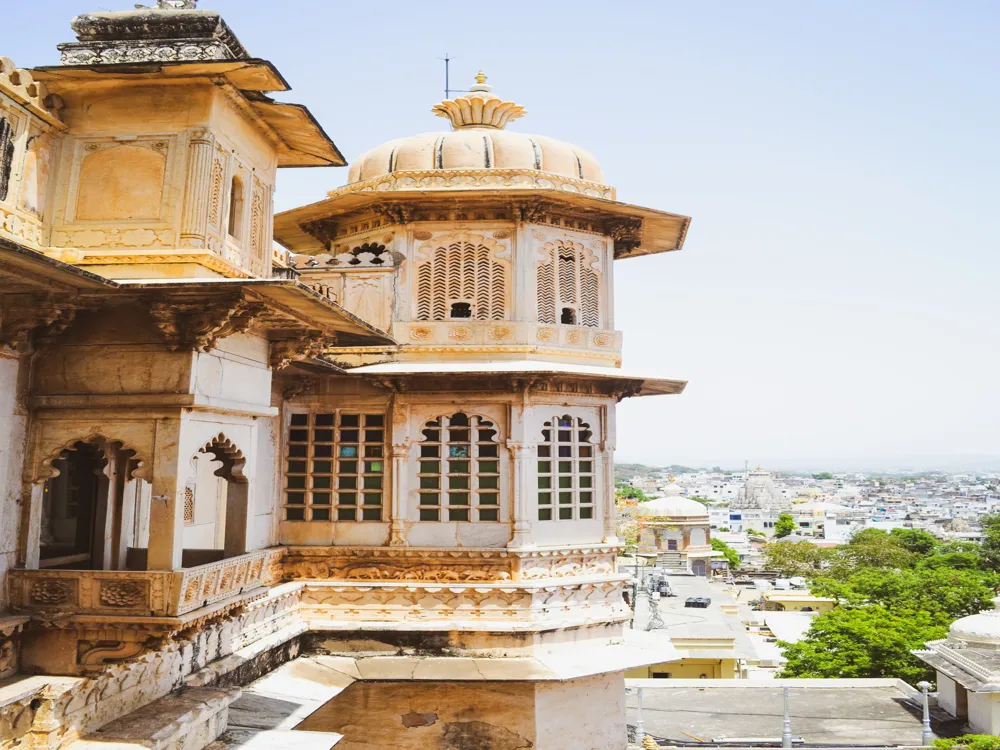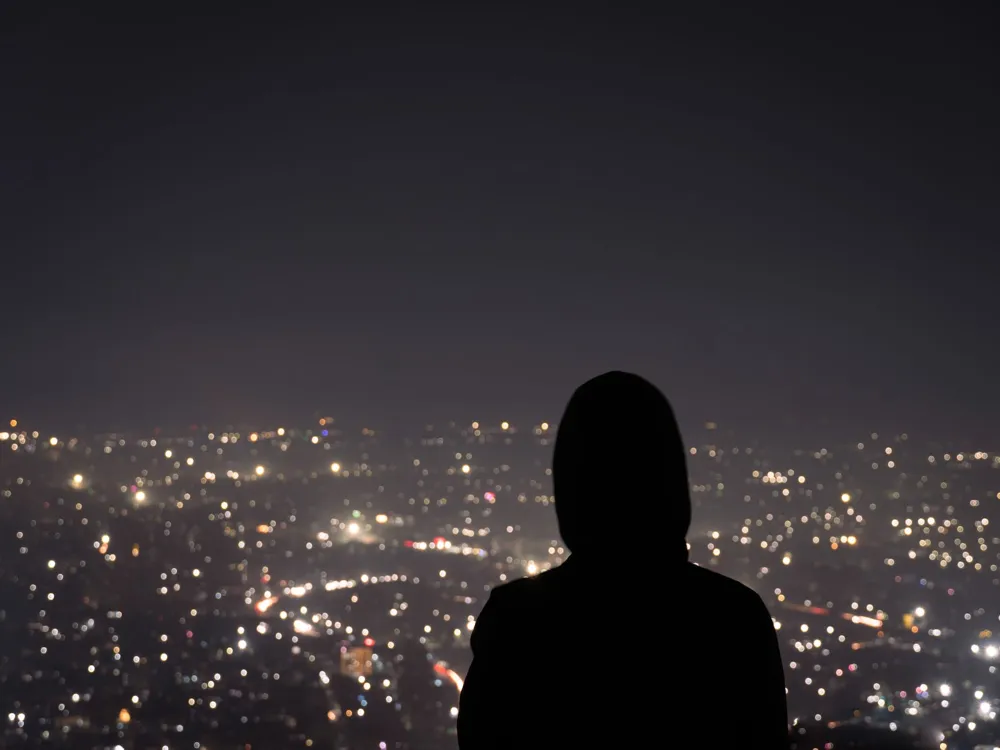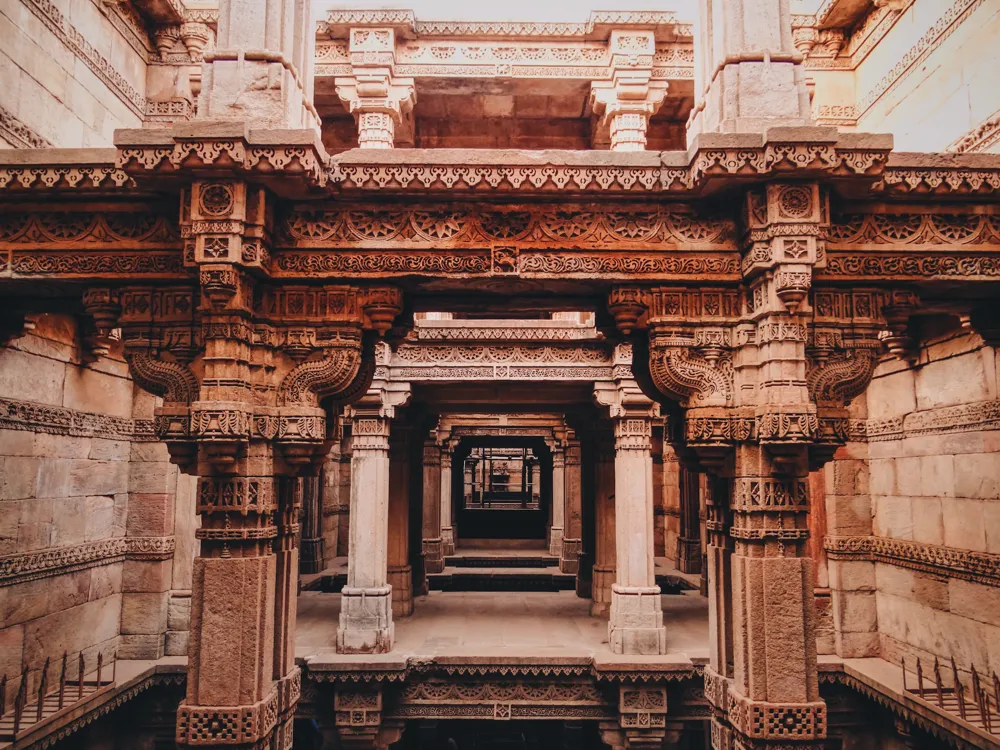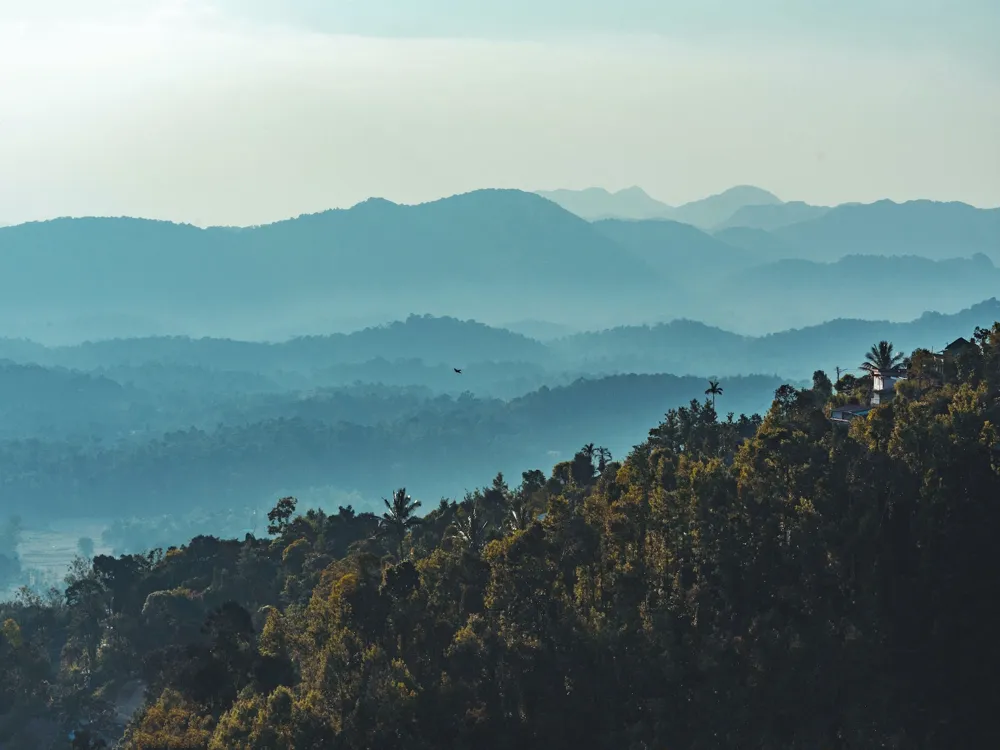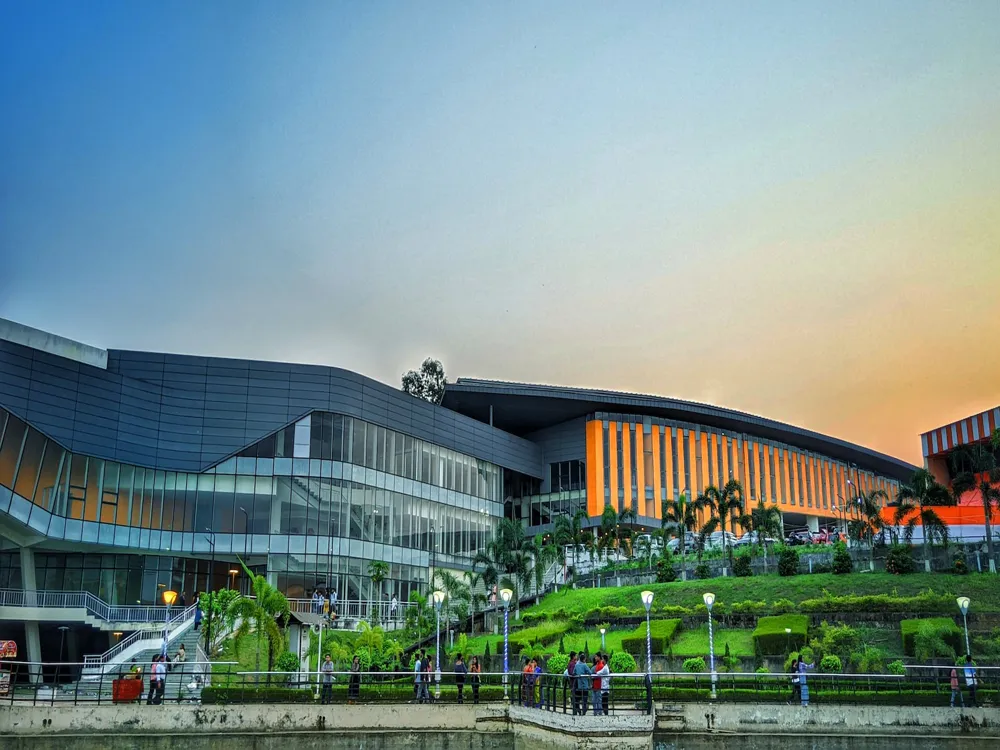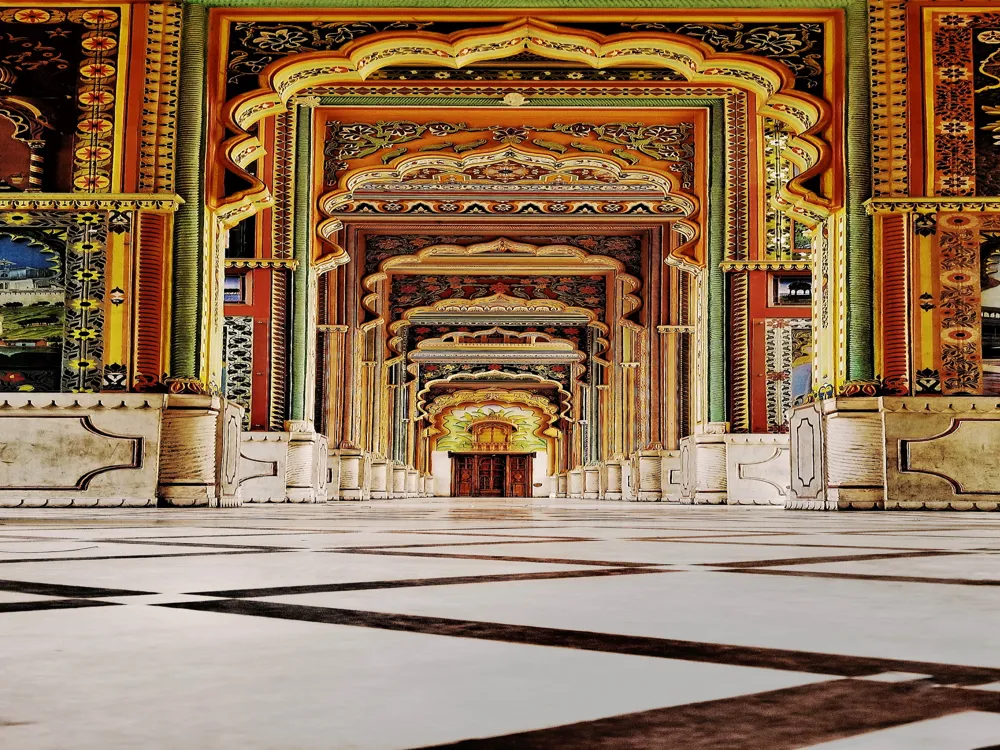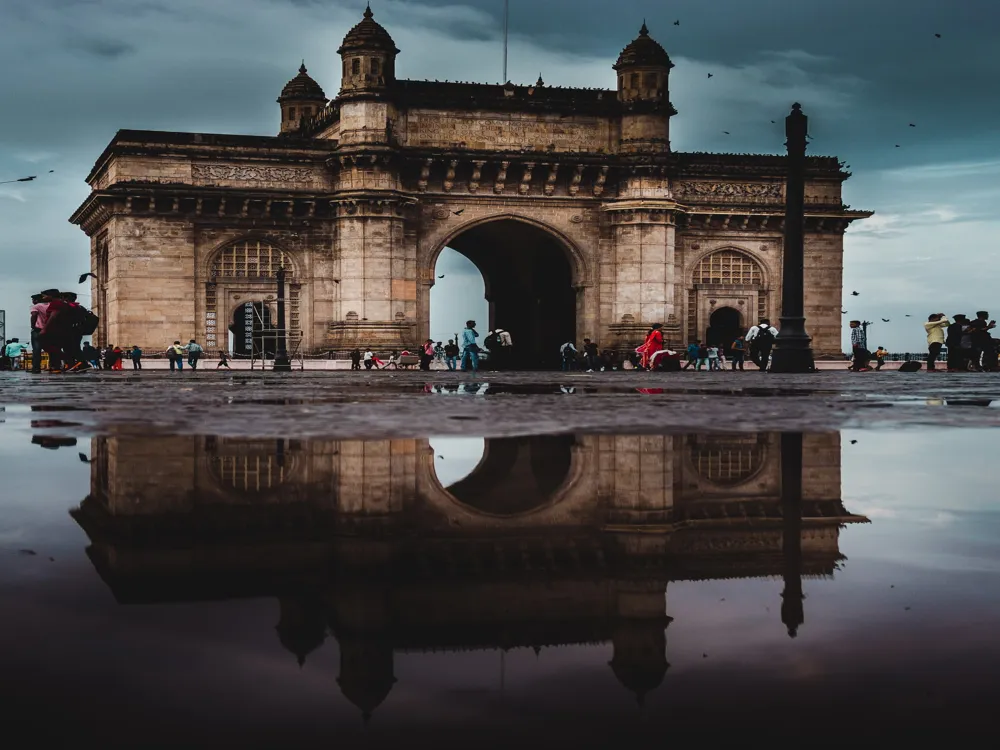Best Time to Visit Bhuj
Gujarat India
13 out of 24 Places to visit in GujaratNaN onwards View Packages
Get Customized PackagesThe Land of Diversity
Top Hotel Collections

Private Pool

Luxury Hotels

5-Star Hotels

Pet Friendly
What is the Best Time to Visit BHUJ?
BHUJ, a city in Gujarat, India, offers a rich cultural tapestry and diverse landscapes that captivate visitors throughout the year. Choosing the right time to visit can significantly enhance your experience. Let's explore the best seasons and delve into the specific weather patterns to help you plan an unforgettable trip.
More about the Best Time to Travel to BHUJ
Travel Peak Season in BHUJ
BHUJ experiences a peak season from October to March when the weather is pleasantly cool, making it ideal for exploring the city's historical sites, such as the Aina Mahal and Prag Mahal.
Travel Offseason in BHUJ
The offseason, from June to September, sees fewer tourists due to the monsoon. While travel during this period requires preparation for rain, it offers a unique charm with lush greenery and a quieter atmosphere.
Bhuj Travel Packages
View All Packages For Bhuj
BHUJ Weather in Winter (November – February)
BHUJ Weather in November
November marks the onset of winter, with temperatures ranging from 12°C to 29°C. The weather is mild, making it perfect for outdoor activities.
BHUJ Weather in December
December sees a drop in temperatures, ranging between 6°C and 24°C. It's advisable to carry warm clothing for the evenings.
BHUJ Weather in January
January is the coldest month, with temperatures ranging from 4°C to 22°C. Clear skies offer perfect visibility for exploring the city.
BHUJ Weather in February
February sees a gradual rise in temperatures, ranging from 8°C to 26°C. It's an excellent time for cultural events and festivals.
BHUJ Weather in Summers (March to June)
BHUJ Weather in March
March marks the beginning of summer, with temperatures ranging from 15°C to 35°C. The weather is warm, making it suitable for sightseeing.
BHUJ Weather in April
April sees a further increase in temperatures, ranging from 21°C to 40°C. Sun protection is crucial during outdoor activities.
BHUJ Weather in May
May is the hottest month, with temperatures ranging from 25°C to 42°C. It's advisable to plan indoor activities during the peak heat.
BHUJ Weather in June
June sees the onset of monsoon, bringing relief from the heat. Temperatures range from 27°C to 40°C, with occasional showers.
BHUJ Weather in Monsoon (July – October)
BHUJ Weather in July
July marks the peak of monsoon, with temperatures ranging from 26°C to 35°C. Heavy rainfall can be expected.
BHUJ Weather in August
August continues the monsoon, with temperatures ranging from 25°C to 34°C. It's advisable to check weather updates before planning outdoor activities.
BHUJ Weather in September
September sees a gradual reduction in rainfall, with temperatures ranging from 24°C to 35°C. It's a transitional period before the post-monsoon season.
BHUJ Weather in October
October marks the end of the monsoon, with temperatures ranging from 20°C to 37°C. The weather becomes pleasant, making it suitable for outdoor exploration.
Conclusion
Choosing the best time to visit BHUJ depends on personal preferences, whether you prefer the vibrant cultural scene during festivals or the tranquility of the monsoon. Regardless of the season, BHUJ offers a unique and enriching experience for every traveler.
Places To Visit In Bhuj
Nearby Places Bhuj
Bhuj Photos
View All Photos For BhujBrowse Package Collections
Browse Hotel Collections
Faq
Q: What is the best time to visit Bhuj?
A: The best time to visit Bhuj is during the winter months, from October to March, when the weather is pleasantly cool and comfortable for exploring the city and its attractions.
Q: Are there any specific events or festivals that make certain times of the year more favorable for a visit to Bhuj?
A: Yes, the Rann Utsav, a vibrant and cultural festival, is a major attraction and occurs from October to March. It showcases the rich cultural heritage of the region, making this period particularly special for visitors.
Q: How is the weather during the recommended months?
A: The weather during the recommended months is generally pleasant, with daytime temperatures ranging from 12°C to 25°C (54°F to 77°F). Nights can get cooler, so it's advisable to carry light woolens.
Q: Is there a monsoon season in Bhuj, and is it a good time to visit?
A: Bhuj experiences monsoon from July to September. While the landscape becomes lush and green during this time, heavy rainfall may disrupt travel plans, making it less favorable for tourists.
Q: Are there any specific activities or attractions that are better enjoyed during the recommended months?
A: Yes, during the winter months, visitors can explore the historical monuments, markets, and the White Desert. The pleasant weather makes outdoor activities and sightseeing more enjoyable.

